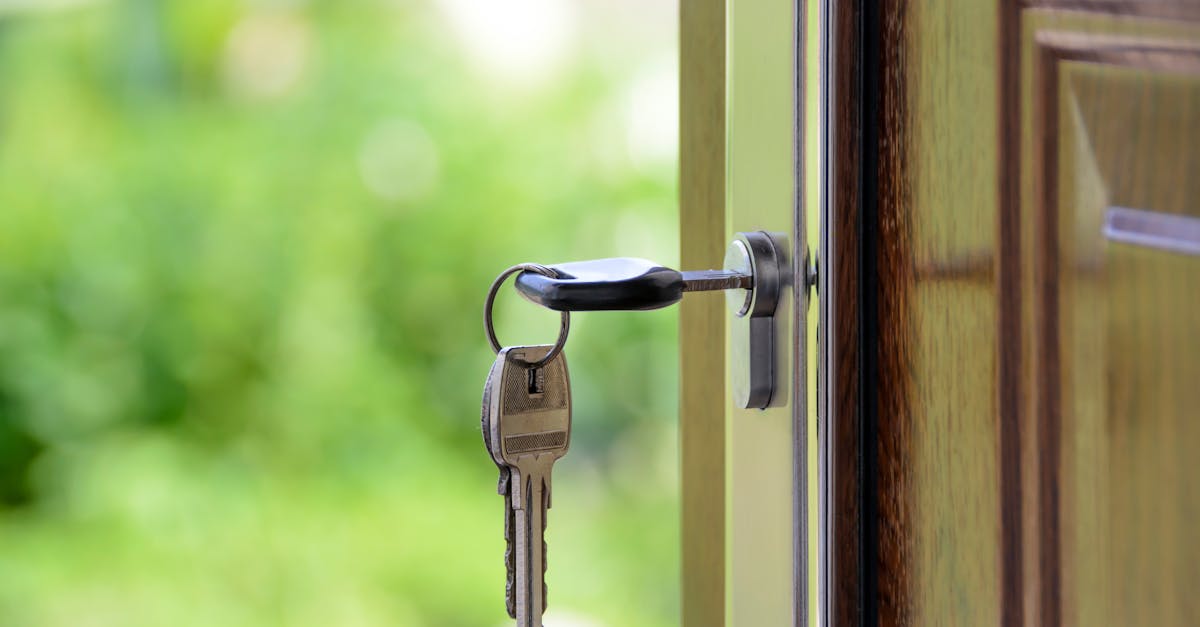A recent report indicates that Hawaii remains a high-cost state, with monthly household bills significantly above the national average. According to Hawaii Free Press, Hawaii's residents pay 32% more than the U.S. median for essential bills. This financial burden impacts various aspects of the state's economy, influencing business operations, investment strategies, and the living standards of residents.
This high cost of living is a persistent challenge for both businesses and individuals in Hawaii. The doxo report concluded that Hawaii is the most expensive US state, with an average household spending $3,070 monthly. This is significantly higher than the national average, straining household budgets and potentially affecting consumer spending. High costs can also deter new businesses and investment, as operational expenses are considerably higher than in other states.
The implications of these elevated costs extend to multiple sectors. For entrepreneurs and startups, the increased operational expenses, including higher utility bills, pose a significant barrier to entry. As Expatriate Healthcare highlights, Hawaii's cost of living is 84% higher than the national average, with housing costs soaring 214% higher. This necessitates careful financial planning and a robust understanding of local market dynamics for any new or existing business.
Investors should also consider the impact of high living costs on their investment returns. Higher expenses could lead to lower profitability for businesses, potentially affecting the attractiveness of investments in the state. While the tourism sector remains strong, high costs might impact visitor spending and the ability of businesses to attract and retain employees. Despite the challenges, understanding these cost dynamics is crucial for making informed business decisions in Hawaii.
Other sources, such as cnbc.com indicate that although Hawaii may not be the most expensive state anymore, the cost of living remains a significant factor.



